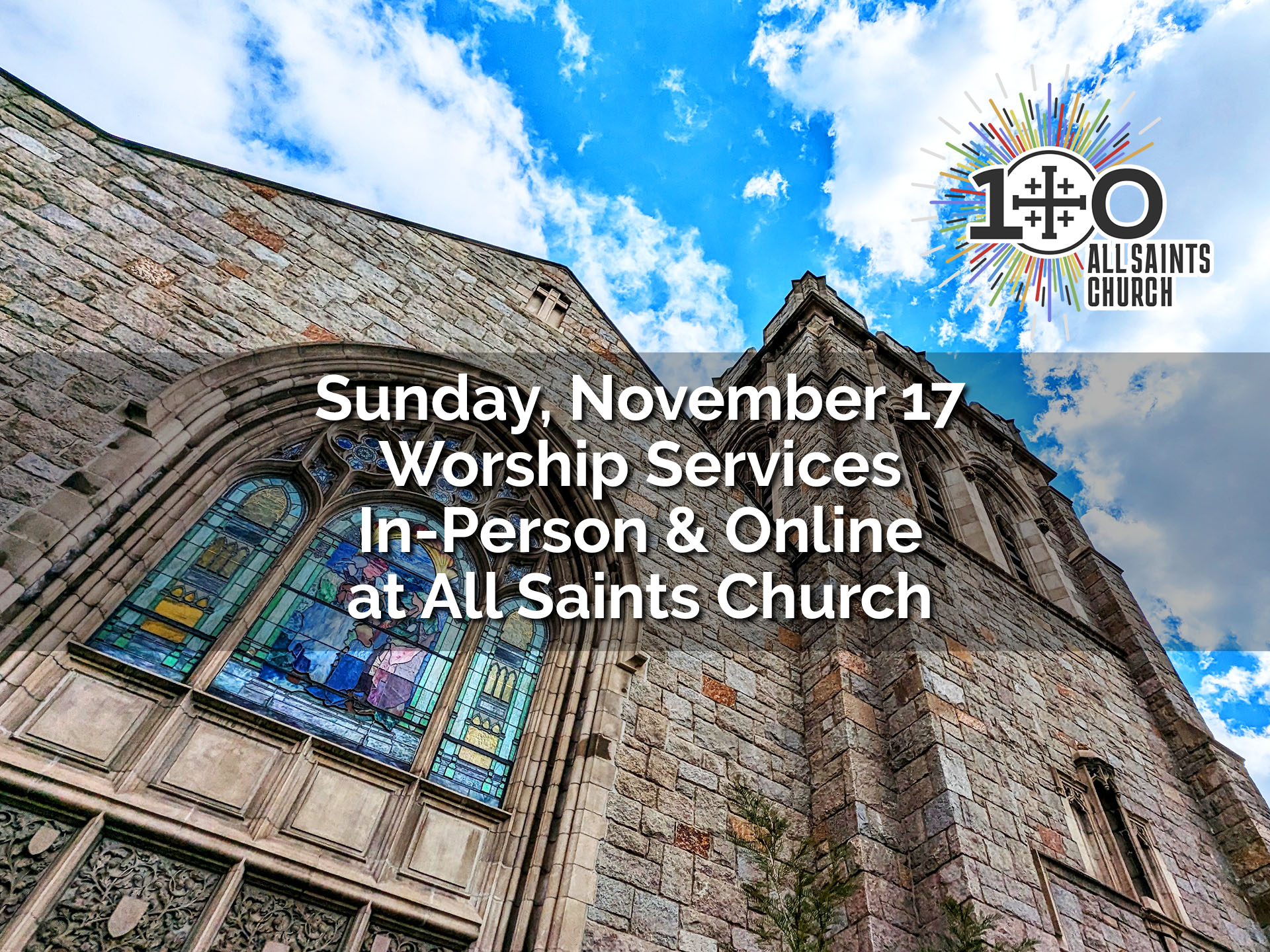There is a word.
It is a holy word.
It is a beautiful word.
It is a true word.
It is the word …
Enough.
It is a word with roots deep within our ancient story.
Abraham and Sarah, old and childless, promised by God that they would be ancestors of a multitude of nations. And they fall on their face and laugh, so absurd is this notion.
And God smiles and says:
Enough.
Don’t worry, Abraham and Sarah, you are enough.
The tribes of Israel are promised a land of milk and honey … except instead they find themselves starving in the desert with no sign of food anywhere. And they cry out in fear, “Did you bring us out here to die?”
And God smiles and says:
Enough.
Don’t worry, each day, I will provide food enough.
You are enough.
We are enough.
There is enough.
The land teaches us.
The land brings forth plants that breathe in as we breathe out … and breathe out so we can breathe in.
It is the land whispering in our ear.
You are enough.
We are enough.
There is enough.
The land moves from summer to fall and fall to winter without fear because the land knows that spring is always coming.
It is the land whispering in our ear.
You are enough.
We are enough.
There is enough.
But we forget.
We forget, and we do not listen to the land.
We forget the holy word, the beautiful word, the true word.
We forget and we fear.
We fear that we are not enough.
We fear that there will not be enough.
We fear and we forget to trust.
We fear and we begin to hoard.
We fear and we begin to use another word.
Mine.
There is a rare logic to the English language in making Mine a four-letter word.
It is perhaps the most damaging word in our language.
More misery has been wrought in the name of Mine than any other word.
More abuse has been committed in the name of Mine than any other word.
The difference between Mine and Enough is the difference between ownership and inhabitance
Between possession and stewardship
Between enslavement and freedom.
The land breathes, whispering in our ear.
Enough.
You are enough.
We are enough.
There is enough.
You can inhabit but you do not own.
You can care for but you do not possess.
You can celebrate and enjoy and even use for the good of all but you cannot dominate and withhold from another.
But we forget.
We do not listen to the land.
We forget and we fear.
We fear and we begin to use another word.
Mine.
Mine.
Mine.
This morning we hear the Gospel reading of the Transfiguration. Moses, Elijah and Jesus appearing on a mountain together in front of Peter, James and John. It is a scene of glory. It is a scene of wonder.
There is enough.
There is more than enough.
More than enough glory.
More than enough wonder.
More than enough love to fill them all to overflowing.
More than enough love to fill the whole world.
And as they began to head down the mountain, Peter stops. And turns.
And in a moment, he forgets.
Peter stops. And turns.
And in a moment, he begins to fear.
He begins to fear that he is not enough.
He begins to fear that there will not be enough.
He fears and he forgets to trust.
He wants hold this moment.
He wants to preserve this moment.
He wants to possess this moment.
He wants to make this moment and the people in it his and his alone so that he can be sure that he will always have enough. That he will always have more than enough.
He wants to take all this glory, all this wonder, all this love and say:
Mine.
Mine.
Mine.
And so, Peter says to Jesus, “Rabbi, how good it is for us to be here! Let us set up three tents, one for you, one for Moses and one for Elijah!”
“Rabbi, how good it is for us to be here! Let’s just keep this to ourselves now and forever!”
“Let’s stay here. For surely if we do, there will always be enough glory, always be enough wonder, always be enough love for me.
“Let’s stay here. For surely if we leave, there will not be enough glory, enough wonder, enough love at all.”
“Let’s stay here … and make all of this … mine.”
Peter is all of us.
We fear that there will not be enough.
We fear and we forget to trust.
We fear and we begin to hoard.
We fear and we say:
Mine.
Peter is all of us … and Mine is our downfall.
Mine is why we have poverty.
Mine is why we have suffering.
Mine is why our economy subjugates
Mine is why our environment deteriorates
Why we gentrify instead of rectify
Why we incarcerate instead of educate
Why we have corporations instead of reparations
Police killing with impunity and ICE in our communities.
Military proliferation that suppresses movements of liberation.
Mine is why we have low minimum wages
and children in cages.
Why outrageous rents
keep people living in tents.
Why our planet gets hotter and hotter
And Flint still doesn’t have clean water
Mine is why we fear.
Mine is why we hate.
Yes, Mine is why we hate … and yet in the greatest of irony, the way we talk about love is littered with the language of possession, littered with the language of Mine.
Be Mine.
You are Mine.
My husband.
My wife.
My friend.
My lover.
My tribe.
My nation.
My people.
We use the language of Mine without thinking.
We wear it as a badge of loyalty and kinship.
We sing it with erotic fervor and ardent devotion.
The language of Mine has become for us almost synonymous with love itself, and yet rarely do we stop to ask ourselves – Is this what love is?
What exactly do we think we possess?
And is that what love is?
Thich Nhat Hanh says, “If our love is only a will to possess, it is not love.”
Let me say that again:
“If our love is only a will to possess, it is not love.”
What is that love without possession?
What is that love without Mine?
What is that love that trusts in enough?
What does it mean for me, what does it mean for you, what does it mean for us to love and be loved … like that?
Can I love you so much that I don’t have to own you?
That loving you is enough?
That desiring your happiness is enough?
That longing for your joy whether I am a part of it or not is enough?
Can I trust in your love, in our love, in God’s love so much that it’s OK … and even good and wonderful for you to love others as deeply as you love me?
Can I trust in love’s enoughness that completely?
Can I trust in my own lovability that much?
Can I be that secure?
Can I be that free?
If our love is only a will to possess, it is not love.
And yet too often that is the shadow of love for which we settle.
Too often that is the hollow standard of love to which we aspire.
And at our worst, we become like Nabokov’s abusive protagonist, who says of Lolita, who in the guise of love he truly only wishes to use and possess “I would fight, of course. Oh, I would fight. Better destroy everything than surrender her.”
Mine.
Mine.
Mine.
The land whispers in our ear.
Enough.
You are enough.
We are enough.
There is enough.
But we forget.
We do not listen to the land.
We fear that there will not be enough.
We fear and we forget to trust.
We fear and we begin to hoard.
We fear and we say:
Mine.
And there are wars.
And there is famine.
And there is poverty.
And there is pain.
And there is death.
Peter is all of us, and Peter says to Jesus, “I love you. I love you so much. But I’m afraid.”
Peter is all of us, and Peter says to Jesus, “I know you say you love me. I know you say you love me so much. But I’m afraid.”
I’m afraid that there won’t be enough.
I’m afraid that your loving someone else will mean less love for me.
I’m afraid that I’m not enough.
That we’re not enough.
That there will not be enough.
And a cloud overshadows them. And then Jesus is standing alone.
And God says, “This is the Beloved. Listen to the voice of love.”
The Beloved gives the divine self for the life of the world.
The Beloved loves everyone equally, deeply, ultimately, fully.
The Beloved sings:
You are Enough.
We are Enough.
There is Enough.
Peter is all of us and God says to Peter, “This is the Beloved. Listen to the voice of love. For the Beloved will remind you that you are the Beloved, too.”
You are the Beloved, too.
There is a word.
It is a holy word.
It is a beautiful word.
It is a true word.
It is the word our ancient stories preach.
It is the word the very land beneath us breathes.
It is the word Enough.
You are … Enough.
We are … Enough.
There is … Enough. Amen.
Sermon preached by Mike Kinman at All Saints Church, Pasadena on Sunday, August 5 2018: The Feast of the Transfiguration (transferred).



